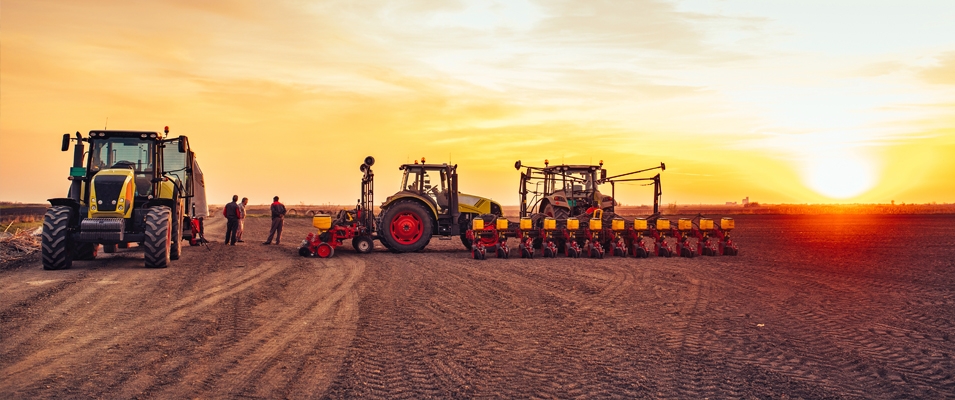
Food. It’s essential for human life. It provides us with the energy and nutrients we need to perform our normal daily functions.
For most reading this now, you’ve likely never had to consider where your next meal will come from today, tomorrow, or next year. Many of us have grown up without any sense of food insecurity and don’t give a second thought to how we’ll continue to feed ourselves or our families in the coming weeks.
Unfortunately, not everyone shares this level of food security. According to the World Food Programme, one in nine people still go to bed on an empty stomach while one in three suffer from some form of malnutrition.1
The world’s current population, according to the United Nations, is just over 7.7 billion people, and we, as a human population, cannot currently feed the entire globe.2 The global population is expected to grow to more than nine billion people in the next 10 to 15 years.3 4
Why does this matter?
We live in an agricultural community where you no doubt see an increase in farming activities through the spring, summer, and fall. In an area where the majority of us take food security for granted, it can be easy to get hung up on the inconveniences of living in an agricultural community. You have been caught following a slow-moving tractor on the highway, heard a yellow airplane buzzing in the air in the thick of summer, or smelled the lovely odour of what best fertilizes the soil surrounding us.
What we need to remember is that these are all the essential components of growing a healthy crop and maintaining a stable local economy. That slow-moving machinery you got caught behind on the way home from work sows the seed required for the crop to grow and then cuts it down to process for harvest. That smelly fertilizer ensures that the soil has the nutrients the crops need to grow strong and thrive. Aerial applicators—in laymen’s term, crop-dusters—ensure that the crop survives the perils of insects and fungi throughout its growing season.
Now that warmer temperatures are upon us and the threat of flooding has dissipated, you have no doubt noticed a lot of heavy machinery in nearby fields. Farmers are working the local landscape from sunup to sundown in hopes of a great and productive growing season.
Not only is farming a way of life for members of our community but it’s responsible for a larger global cause. We may not think of agriculture this way because we’re surrounded by it most of the year, but the place we call home is responsible for producing a large part of the world’s food supply. According to the Government of Canada’s Agriculture and Agri-Food Division, Canada is the world’s largest exporter and one of the largest producers of crops such as flaxseed, canola, pulses, oats, and durum wheat—all of which can be seen being farmed on the prairies.5
What’s at stake if the crop doesn’t survive?
Agriculture helps to maintain a stable economy. The livelihood of our farming community should hit close to home, not to mention the ability of your neighbours to make a living. A low crop yield hurts the individual farmer as well as everyone else in the ag sector in southern Manitoba. Many of us living here may not physically sow the seeds, but we may sell it, nurture it, protect it, or insure it.
On a grander scale, a low crop yield also puts at risk our ability to feed our global neighbours. We have a responsibility, as a large provider of the world’s food supply, to ensure that our crops are healthy and abundant so we can work to feed as much of the growing global population as possible.
The next time you pour yourself a bowl of cereal, understand that it may have come to you from a field not too far away. Then think about what might happen if the cycle of agriculture was disrupted. Consider the impact it may have on you at home and the rest of the human race.




















